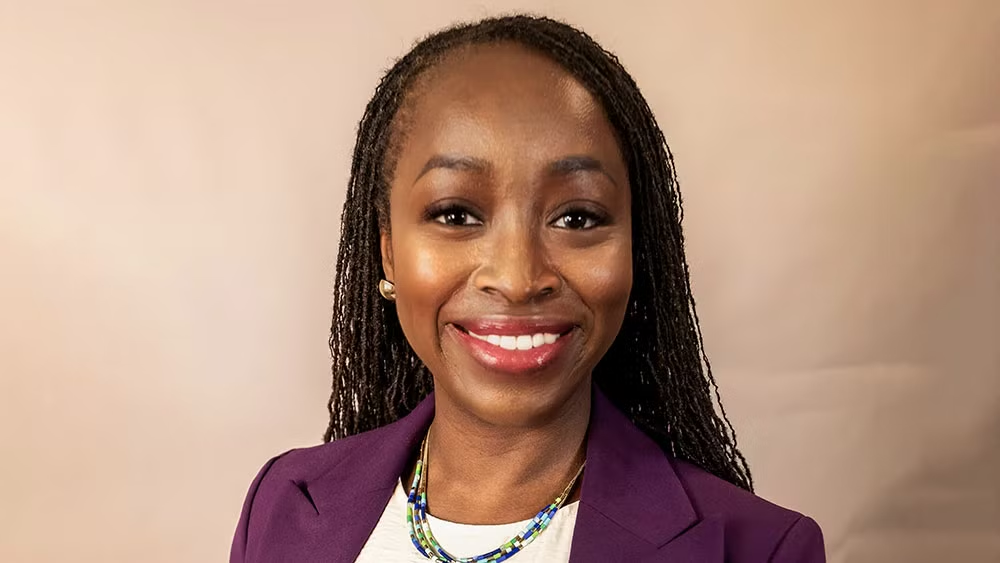
As climate change accelerates the spread of tropical diseases into new regions, one organization is working to ensure lifesaving treatments reach those most in need. The Drugs for Neglected Diseases Initiative (DNDi) focuses on developing therapies for often overlooked illnesses that affect millions worldwide.
Delali Attipoe, Executive Director of DNDi’s North America division, is leading efforts to raise awareness and mobilize resources for these critical but underfunded areas of medical research. With over 20 years of experience in the pharmaceutical and biotech industries, Attipoe was drawn to DNDi’s mission of addressing global health inequities.
“I’ve always been motivated and attracted to being involved in organizations as well as projects as it relates to product access because I just kind of fundamentally believe that health is wealth,” Attipoe explained.
DNDi concentrates on diseases like Chagas, leishmaniasis, and sleeping sickness—illnesses many have never heard of but which affect millions, especially in low-income countries. However, Attipoe emphasizes these are not just far-off problems:
“A number of these disease areas do exist in the United States, and so I see it also as an opportunity for this region to raise a level of awareness around the fact that these disease areas also exist in the U.S., and they also pose a threat.”
Climate change brings new disease threats
Climate change is exacerbating the spread of many tropical diseases into new regions, including parts of North America. Attipoe cites the recent detection of dengue fever in Los Angeles as an example of this concerning trend.
To combat these emerging threats, DNDi employs a collaborative model, partnering with academic institutions, biotechnology firms, and pharmaceutical companies to accelerate drug development. Attipoe describes this approach as a “virtual orchestra” that brings together diverse actors to advance promising therapies.
How clinical trials can spark change
A key focus for Attipoe is ensuring clinical trials include diverse populations, especially those most impacted by neglected diseases. DNDi works closely with local communities and medical staff in endemic countries to build research capacity and maintain high ethical standards.
“We translate all of our documents into a local language,” Attipoe noted. “It was very much about trying to ensure that we have the community involvement, the local partners, the translation being able to build the capacity of staff on the ground who live there, who live in the community to define how we go about ensuring the high level of standards to execute these trials.”
While DNDi primarily conducts trials in endemic regions, Attipoe sees opportunities to leverage this research to benefit underserved communities in the U.S. Through advocacy and partnerships, she aims to raise awareness about neglected diseases among American healthcare providers and policymakers.
“We want to, again, from an advocacy perspective, raise the level of awareness and conversation around this so that it doesn’t get lost, and ensuring that we’ve learned some of the lessons from COVID, to help us leverage having a much more effective resource mobilization to drive better outcomes,” Attipoe explained.
As climate change alters disease patterns globally, DNDi’s work takes on new urgency. By developing treatments for overlooked illnesses and building research capacity in affected communities, the organization is working to ensure no patient is neglected in the fight against lesser-known diseases.









